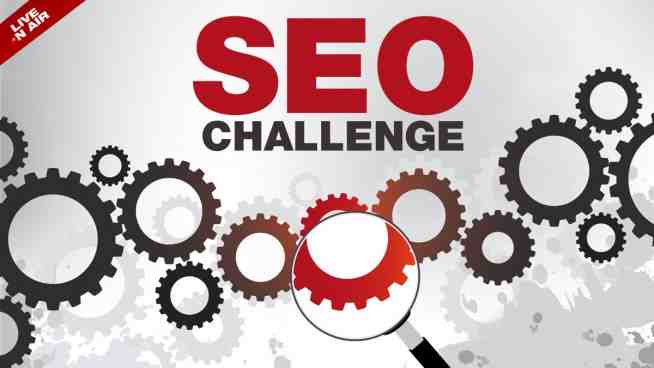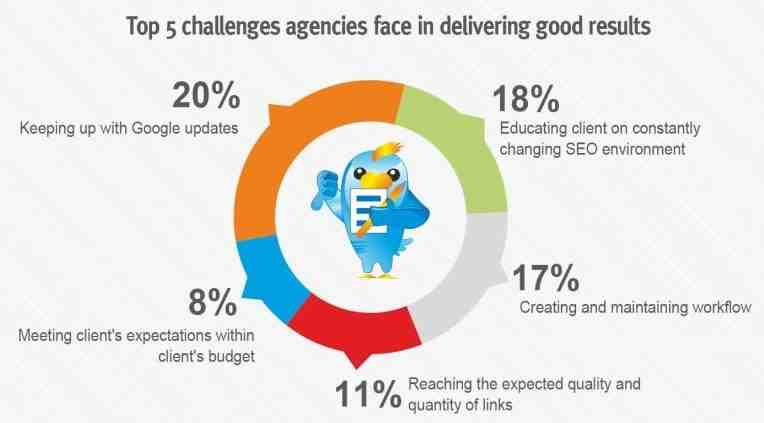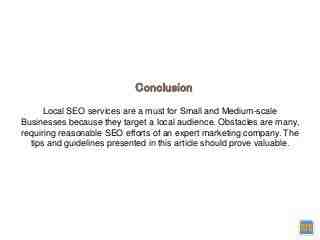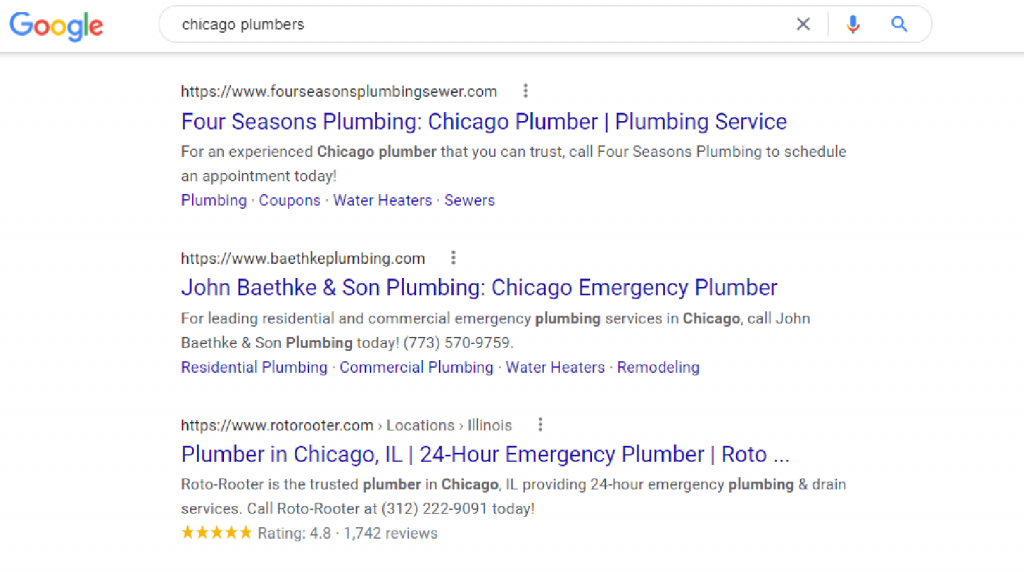Enterprise SEO comes with many challenges.
Larger organizations often have many people working through multiple offices that are not on the same page.
Even when these individuals have aligned their goals, past optimization can become problematic.
It’s not uncommon for legacy systems to be in place, old micro-sites to eat up resources or just not have the right friends in the IT department to make the decisive changes needed at the enterprise level.
Several issues and challenges may – and will – arise over time.
The following are 11 of the most common SEO challenges – and solutions – you’ll encounter when working with large businesses.
1. Enterprises with legacy or proprietary CMS systems in place
Contents
- 1 1. Enterprises with legacy or proprietary CMS systems in place
- 2 3. Improper content deployment leads to lost opportunities
- 3 4. Micro-sites eating up resources
- 4 5. Lack of communication and cohesion among groups
- 5 6. Development teams not buying into SEO strategies
- 6 7. The “it works” mindset
- 7 8. Lack of governance
- 8 10. Lack of redirect control
- 9 11. Overlooking technical SEO issues

Challenge
Old CMS systems cause serious headaches. You will find that some departments do not have access to these systems, some will have SEO skills while others do not, and the learning curve for these systems is high.
Solution
Learn what the system can do and start outlining how to accomplish these tasks. A few things to learn about this come to mind:
If you are unable to perform these tasks, you may want to consider a system upgrade or may even migrate to a new CMS.
Challenge
Businesses can use the wrong tools for the job, which is often due to false promises from sales teams. However, many tools may not offer the refinement needed to work well across multiple teams.
Solution
First, you’ll need to analyze all the tools used to find the ones that benefit the organization and the ones that keep you going. Next, sit down with vendors, discuss business options, and remove tools that don’t offer the features businesses need for search engine optimization.
Get the daily newsletters search marketers you trust.
3. Improper content deployment leads to lost opportunities

Challenge
Content is useful only when it is properly deployed. A major problem with businesses is the lost opportunity to take advantage of news and trends due to poor deployment strategies.
Solution
Find ways to get everyone to align their content goals. Some things you need to do here are:
Finally, sketch out which content to go through: editors, writers, and final approvers. Once you’ve built workflows, you can start deploying content faster to take advantage of timely news and trends.
Also, don’t forget to have procedures to avoid duplicate meta titles, keyword cannibalization and other things.
4. Micro-sites eating up resources
Challenge
It’s not uncommon for businesses to have micro-websites that they build over time. Unfortunately, it can be challenging to manage all of these sites.
Solution
Micro sites are a great opportunity to get links and provide focused information, but they eat up a lot of resources. Ideally, you will consolidate these sites to your main site and ensure that all stakeholders are part of the transition process.
5. Lack of communication and cohesion among groups
Challenge
When multiple teams and groups are involved, your job as an SEO is much more difficult. Unfortunately, it can be a challenge to find coherence between groups.
Solution
Enterprise SEO requires that you have deep relationships with people in the organization, and this means that you have to deal with managers and teams that go beyond your own. Some of the things you want to do here are:
Your goal is to get everyone on the same page to make the integrated changes the organization needs to achieve its SEO goals.
6. Development teams not buying into SEO strategies

Challenge
Development teams need to buy into your SEO strategy, but it’s a tough battle to make sure they do. Fortunately, a few tips can help you get IT departments to buy into your strategy.
Solution
First and foremost, these departments and equipment are crucial to the SEO technique of the company. You will have to work with several stakeholders on a daily basis, but some of the most important will be those in the development and IT departments.
Working closely with development teams is one of the best things you can do to help a business achieve its SEO goals. Also, one thing that works exceptionally well to emphasize the importance of working together is sharing your “gains” with the development team.
For example, share these gains with them if they help you scale servers and make quick optimization adjustments to better rankings and results. Explain what their work has helped you accomplish and praise them during meetings.
7. The “it works” mindset
Challenge
Sales increase, and as the company continues to grow, management is often reluctant to change or add to its marketing budget because what is in place is already “working.” This mindset is problematic when trying to get teams to buy.
Solution
If you want to get people to buy your strategy and push your strategy, everyone has to buy. You will need to take a unique approach with everyone involved here, but it should include:
Teams want to know that the work they do is effective and helps the business grow. People buy when they see results, and if you still can’t show these results, make projections about how these changes will positively affect the business.
8. Lack of governance
Challenge
Lack of dominance can quickly lead to chaos for current and future SEO teams. If the company lacks control, it’s up to you to make key changes.
Solution
Businesses need rules to help them maintain the highest quality and meet standards. You may have control over several areas of the business, including step-by-step rules and procedures:
Management includes policies, standards, and processes that must be followed accurately. When you have the right control, it ensures that everyone follows the “rules”. If future teams are brought in, they can continue to follow the governing principles you have.
If done right, governance will help create a cohesive digital strategy, promote network accessibility, reduce errors and mistakes, and help the enterprise maintain consistency.
Challenge
Businesses expect to benefit from their investment. And SEO is an investment that needs to be tracked to show its effectiveness. Unfortunately, many organizations do not have the tools to track the results of their campaigns.
Solution
Managers and owners want to see results. If you can’t show them how your work affects business, you’ll quickly find yourself out of work. Use tracking tools:
If you can show that SEO gives value, it is much easier to have everyone in the organization buy your plans and strategies.
10. Lack of redirect control
Challenge
Redirects for a business can quickly disappear and cause more damage to an SEO campaign than good. This is a topic that I have discussed quite often in the past in my other articles about redirect errors, and it needs to be addressed soon.
Solution
Redirects need control, and a few things to do right away to control them are:
Finally, you also want one end person to approve redirects that can be double-checked to make sure they are not causing potential problems.
11. Overlooking technical SEO issues
Challenge
Technical SEO is a huge part of working with businesses because there are so many moving parts of a large corporation that you will be exposed to. Although technical aspects of SEO may not be fun or exciting, they are crucial to deal with.
Solution
If SEO techniques have been ignored, it’s time to sort things out and work on:
Often, the “small” problems with SEO technique are overlooked and accumulate over time. If you correct these problems early, you will have a much easier time achieving your optimization goals.
Opinions expressed in this article are those of the guest author and not necessarily Search Engine Land. Staff authors are listed here.
Ludwig Makhyan is a contributor to Search Engine Land, covering organic and technical SEO. His background is in web development and digital marketing. Ludwig has over 20 years of experience in web design, coding and advertising. He is the co-founder of MAZELESS, an enterprise SEO agency.



